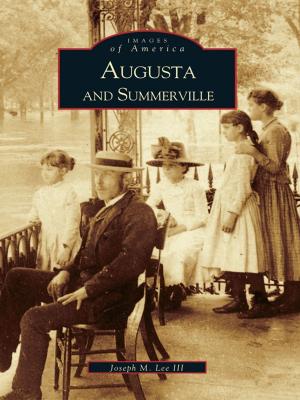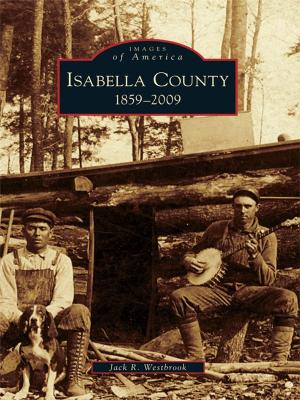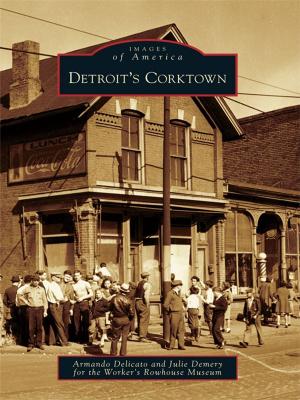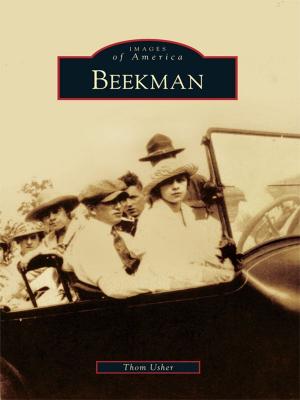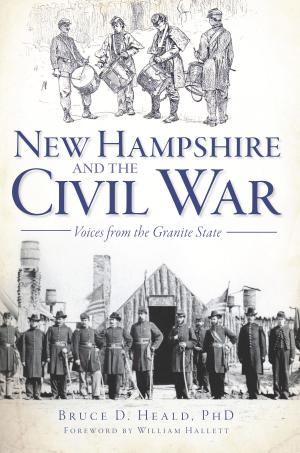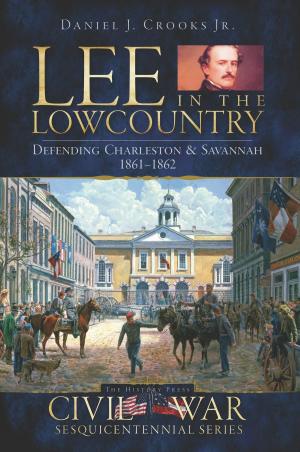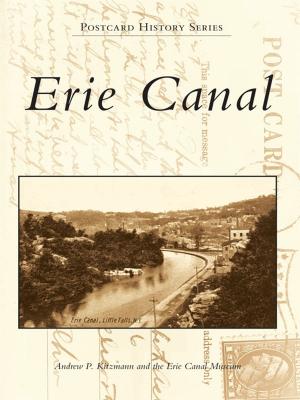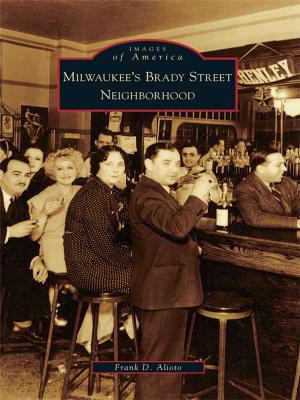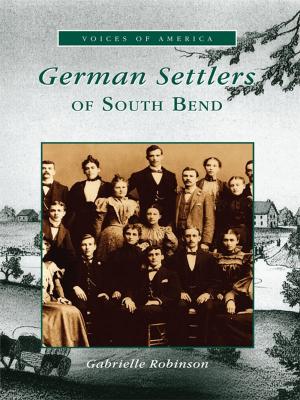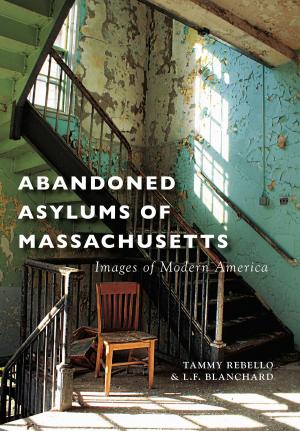| Author: | Lunenburg Historical Society, Inge H. Hunter, G. Barry Whitcomb | ISBN: | 9781439628270 |
| Publisher: | Arcadia Publishing Inc. | Publication: | October 9, 2001 |
| Imprint: | Arcadia Publishing | Language: | English |
| Author: | Lunenburg Historical Society, Inge H. Hunter, G. Barry Whitcomb |
| ISBN: | 9781439628270 |
| Publisher: | Arcadia Publishing Inc. |
| Publication: | October 9, 2001 |
| Imprint: | Arcadia Publishing |
| Language: | English |
The name "Luneburg" was coined for King George II of England, who was also the duke of Luneburg, Germany, in 1727. The final name, Lunenburg, was probably a result of misspelling in the early records of the town. On August 1, 1728, Lunenburg was officially granted township but, as early as 1726, a variety of industries had been started and twenty-six houses had been built. In the late nineteenth century, the town returned to predominately agriculture and, today, is a rural residential community for industries in neighboring cities. Through a diverse collection of vintage images, Lunenburg will take you on a historical journey through the town's engaging past. Within these pages, you will see photographs of the early businesses that were established, such as bookbinders, blacksmiths, furniture makers, and shoe manufacturers; you will visit many homes, churches, schools and government buildings; and you will experience the daily lives of residents during this exciting time in history.
The name "Luneburg" was coined for King George II of England, who was also the duke of Luneburg, Germany, in 1727. The final name, Lunenburg, was probably a result of misspelling in the early records of the town. On August 1, 1728, Lunenburg was officially granted township but, as early as 1726, a variety of industries had been started and twenty-six houses had been built. In the late nineteenth century, the town returned to predominately agriculture and, today, is a rural residential community for industries in neighboring cities. Through a diverse collection of vintage images, Lunenburg will take you on a historical journey through the town's engaging past. Within these pages, you will see photographs of the early businesses that were established, such as bookbinders, blacksmiths, furniture makers, and shoe manufacturers; you will visit many homes, churches, schools and government buildings; and you will experience the daily lives of residents during this exciting time in history.


